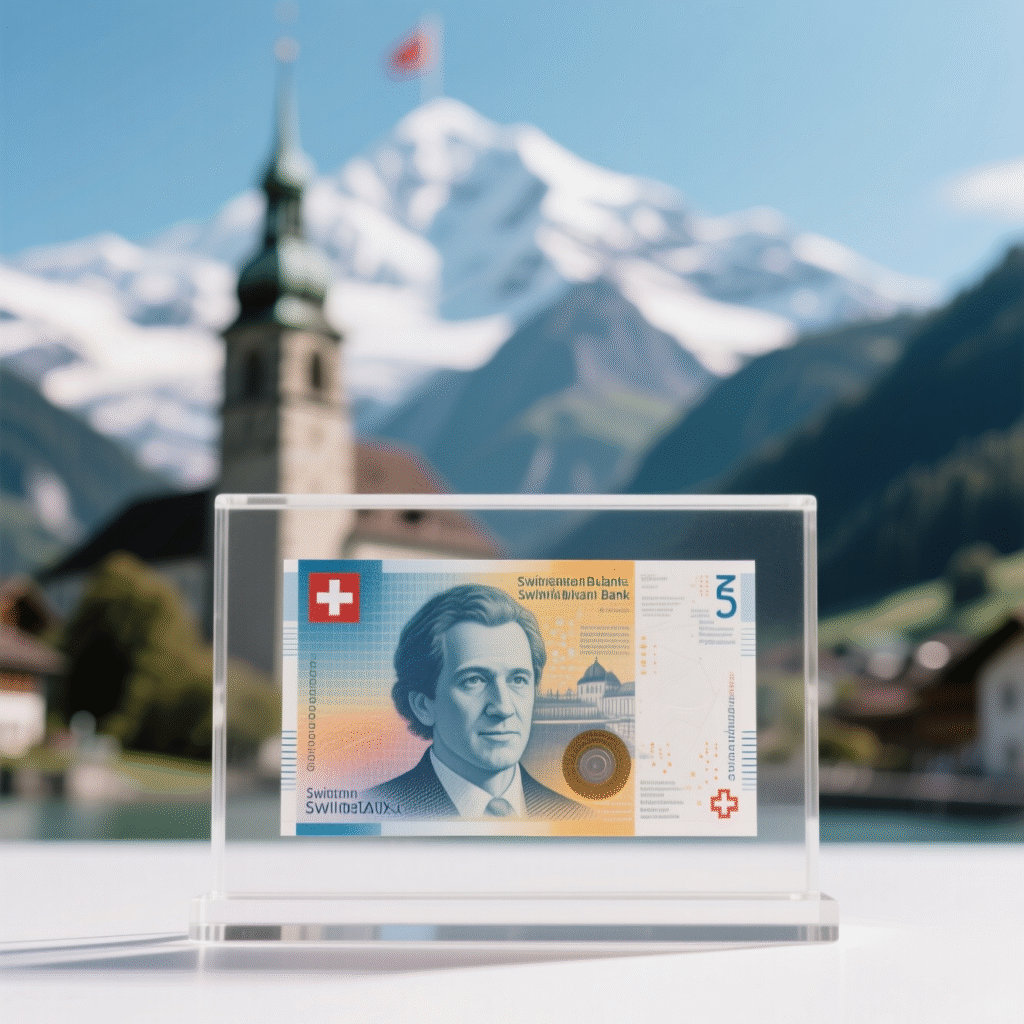Thinking of a dream holiday in Switzerland? The stunning scenery of Lake Thun, the majestic Alps, and the charm of Swiss cities like Thun are calling! As you plan your unforgettable getaway, a critical question often pops up: Does Switzerland use the euro?
The answer is simple and crucial for a smooth trip: No, Switzerland does not use the euro.
While Switzerland is nestled in the heart of Europe and surrounded by countries that use the euro, its official currency is the Swiss franc (CHF). Understanding this distinction is the first step to a stress-free and enjoyable holiday. This comprehensive guide will walk you through everything you need to know about money in Switzerland, ensuring you can focus on making incredible memories, not worrying about currency exchange.
The Swiss Franc (CHF): Your Currency for a Perfect Holiday 🇨🇭
The Swiss franc (CHF) is the legal tender in Switzerland. It’s the currency you’ll need for most transactions, from buying a ticket for a boat trip on Lake Thun to enjoying a delicious fondue in the Old Town. Knowing that the Swiss franc (CHF) is the currency will save you from confusion and potential fees.Why doesn’t Switzerland use the euro?
Switzerland is not a member of the European Union (EU), which is the primary reason it maintains its own currency. The country has a long history of political and financial independence, and the Swiss franc is a symbol of that stability. This is a common question for many tourists, so it’s a good idea to be prepared. When you’re packing your bags for your trip to Thun, make sure you’re thinking in Swiss francs (CHF).Cash, Cards, and Euros: What to Expect 💳
While the Swiss franc is king, you might find some places that accept euros. However, this isn’t a guarantee and it’s not always the most economical choice.Can you pay with euros in Switzerland?
In many tourist areas, especially near the borders or in larger cities, some businesses might accept euros as a form of payment. You might see prices listed in both CHF and EUR. While this can seem convenient, it’s important to be aware of a few things:- The exchange rate: The rate used by the merchant is often not in your favor. They’ll typically give you a poor exchange rate to cover their own costs.
- Your change: You will almost always receive your change in Swiss francs (CHF), even if you paid in euros. This can leave you with a mix of currencies and potentially more than you intended to carry.
The best way to pay: Debit and Credit Cards 💳
Switzerland is a highly cashless society. You can use your credit or debit card almost everywhere, from major hotels and restaurants to small shops and even for public transport. Visa, Mastercard, and American Express are widely accepted. Pro-tip: Before you travel, inform your bank of your trip to Switzerland. This prevents them from flagging transactions as suspicious and blocking your card. It’s also wise to check for any foreign transaction fees your bank might charge. A card with no foreign transaction fees is a huge plus for your holiday budget!When to use cash: The trusty Swiss franc 💵
While cards are king, it’s always a good idea to have some Swiss francs (CHF) cash on hand for smaller purchases or for places that might not accept cards. This could include things like:- Street market vendors
- Small local bakeries or cafes
- Public toilets
- Some smaller souvenir shops
Where to Get Swiss Francs 🏦
Don’t wait until you arrive in Thun to figure out your currency situation. Here are the best ways to get your hands on some Swiss francs (CHF).ATMs: The most convenient option
The most convenient and generally best-value way to get Swiss francs (CHF) is by using an ATM (Automated Teller Machine). ATMs are widely available throughout Switzerland, including in Thun and at the airport.- Withdraw in CHF: Always choose to be charged in the local currency (Swiss francs) to get the best exchange rate from your bank.
- Check with your bank: Be aware of any withdrawal fees your bank might charge for international transactions.



